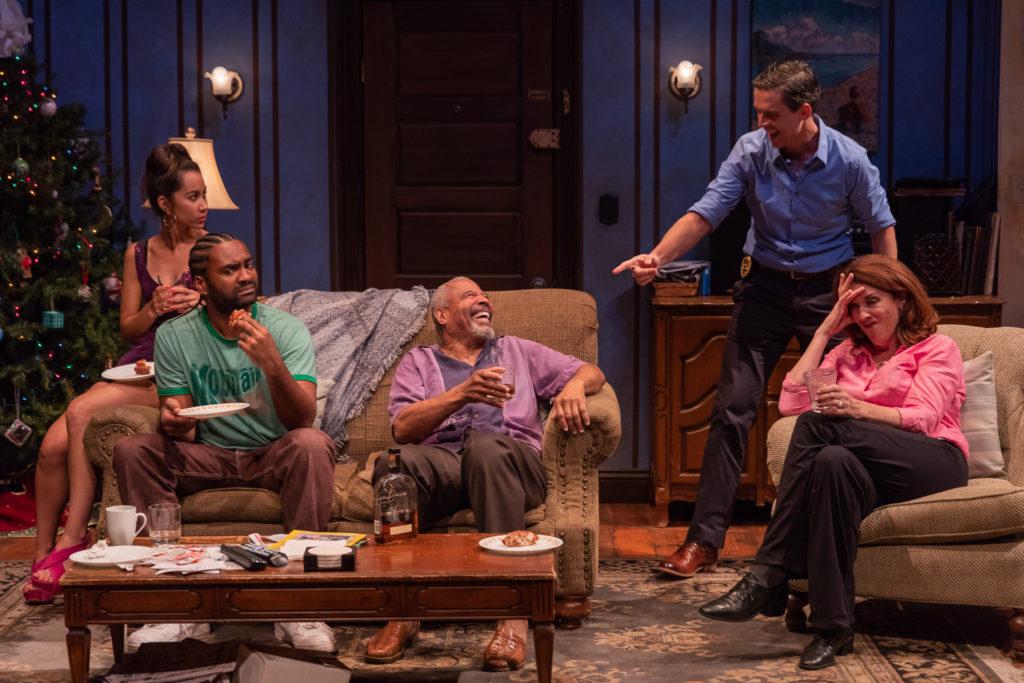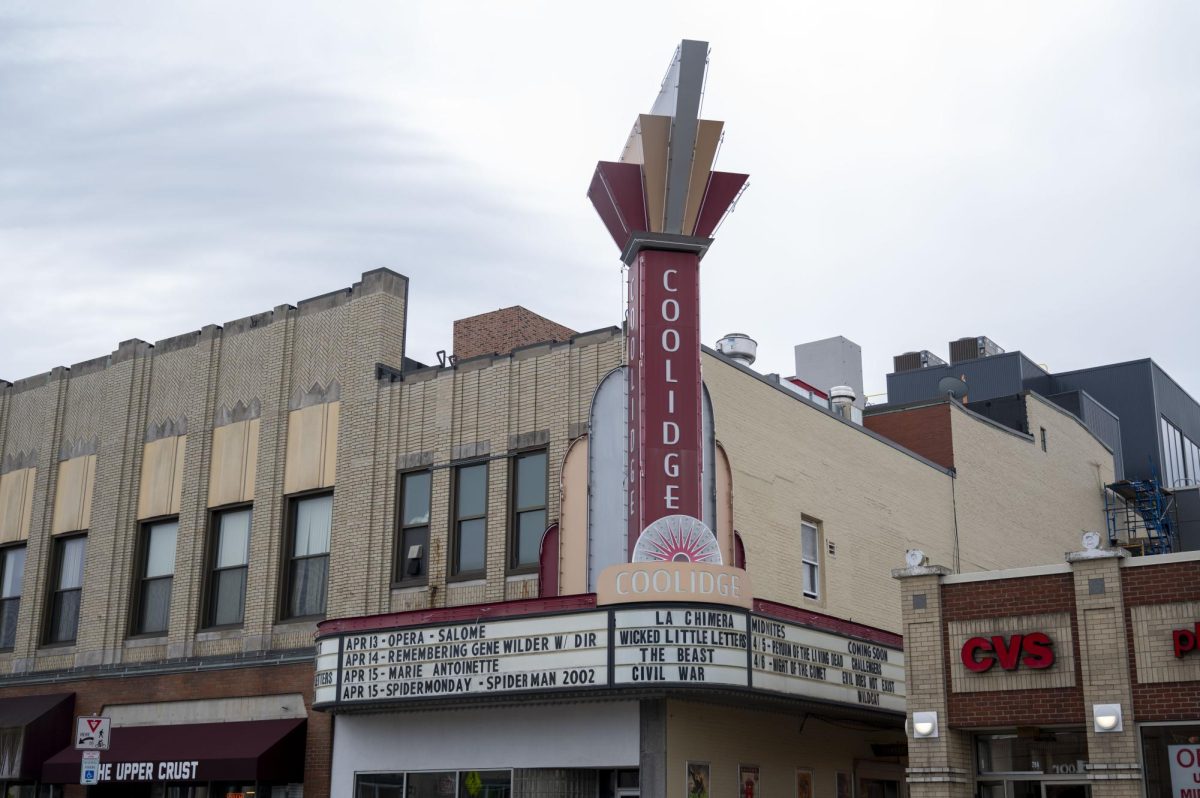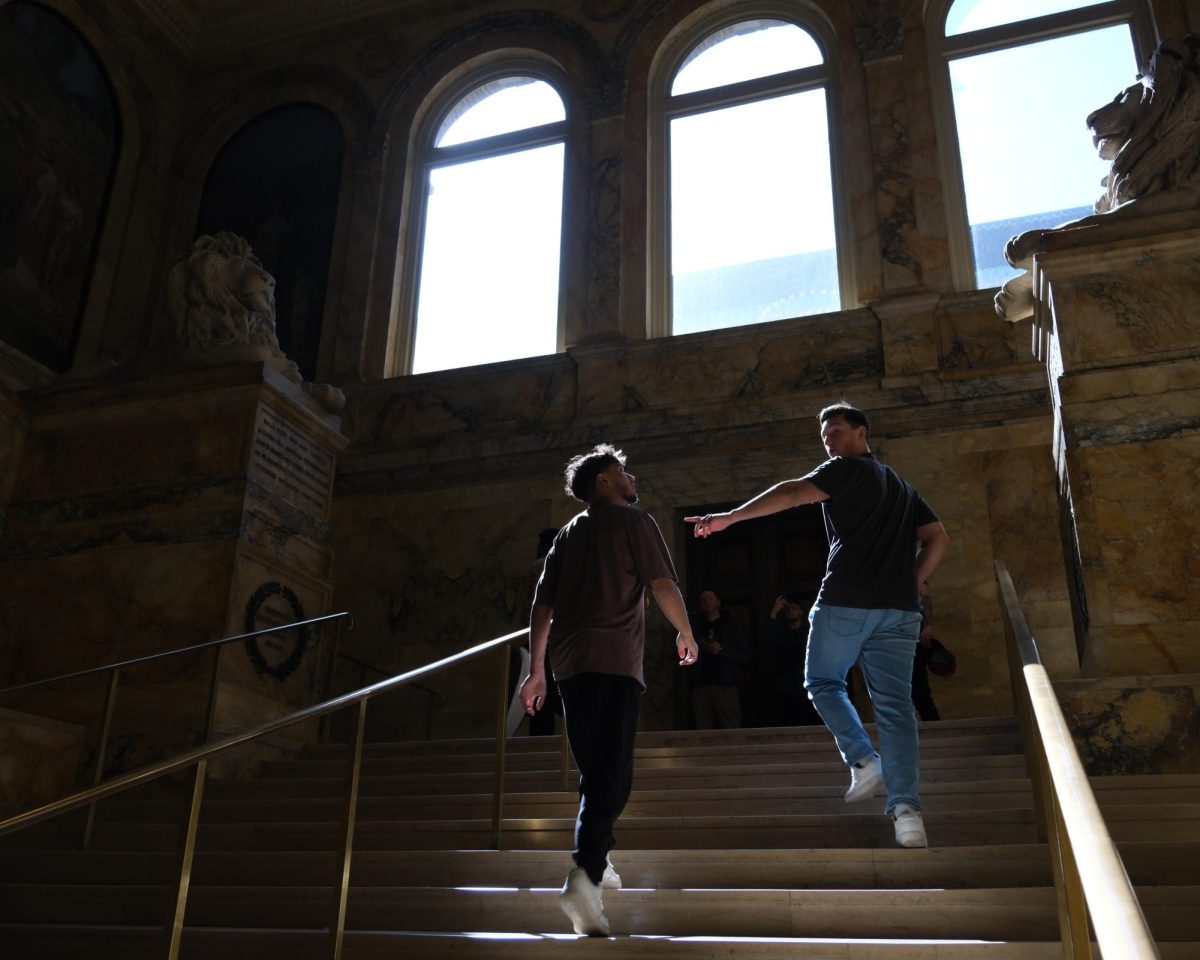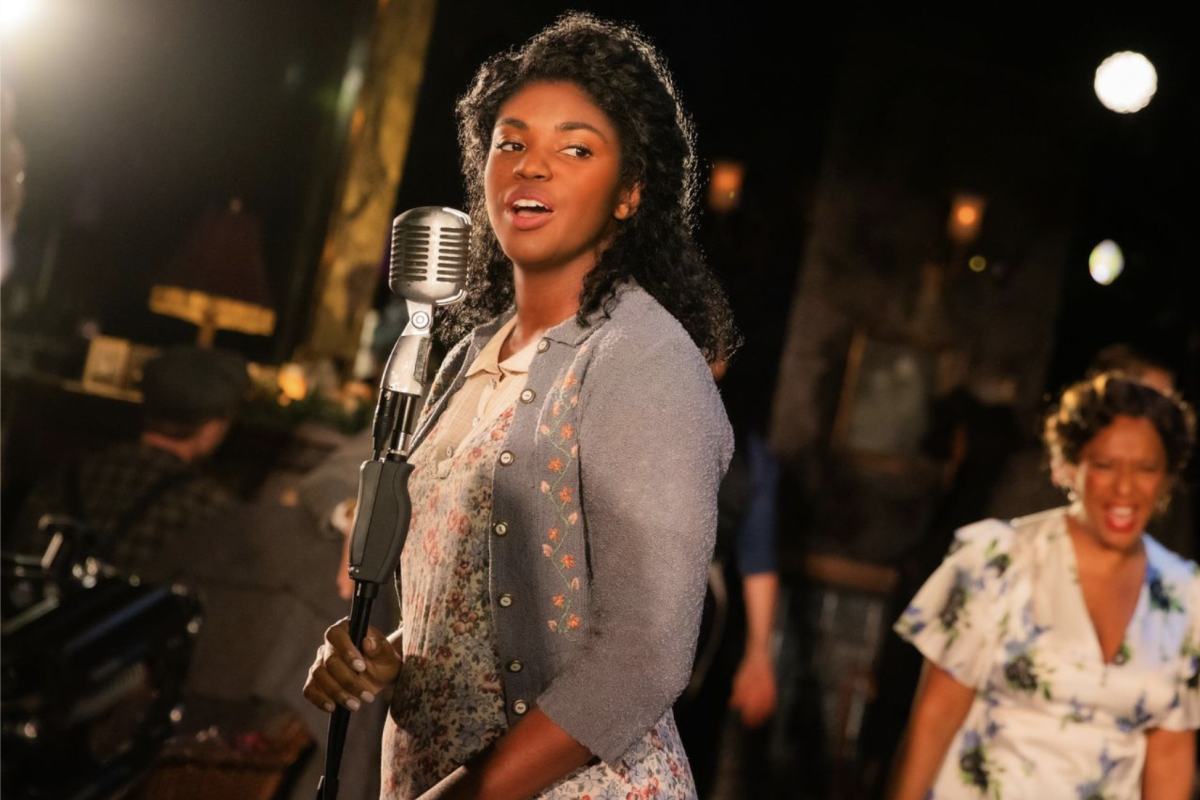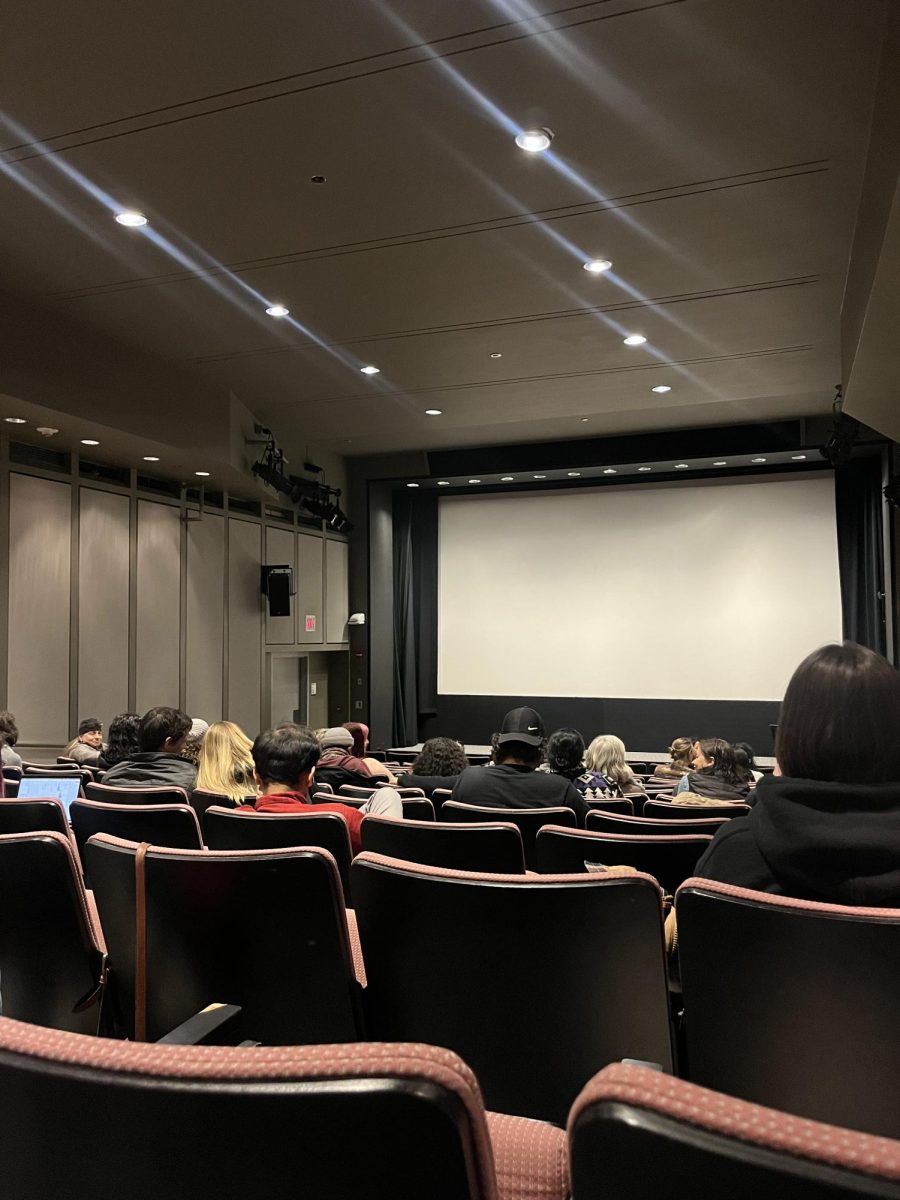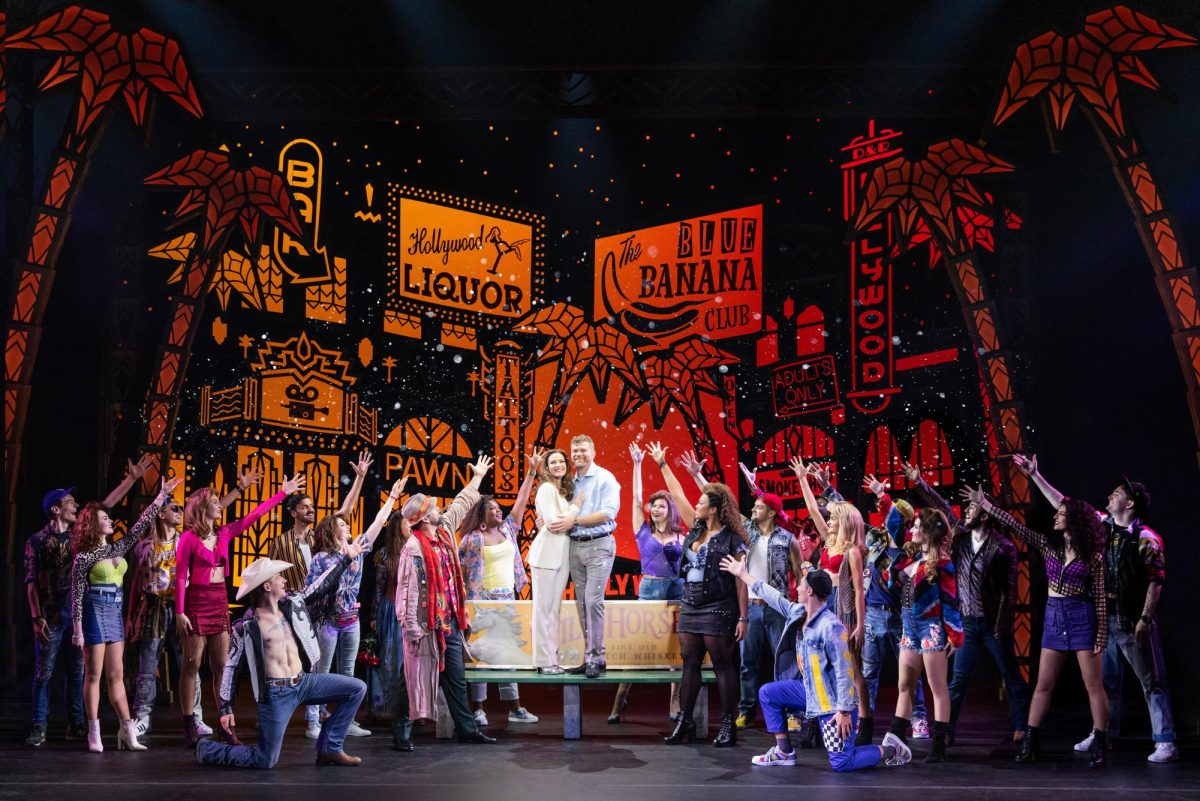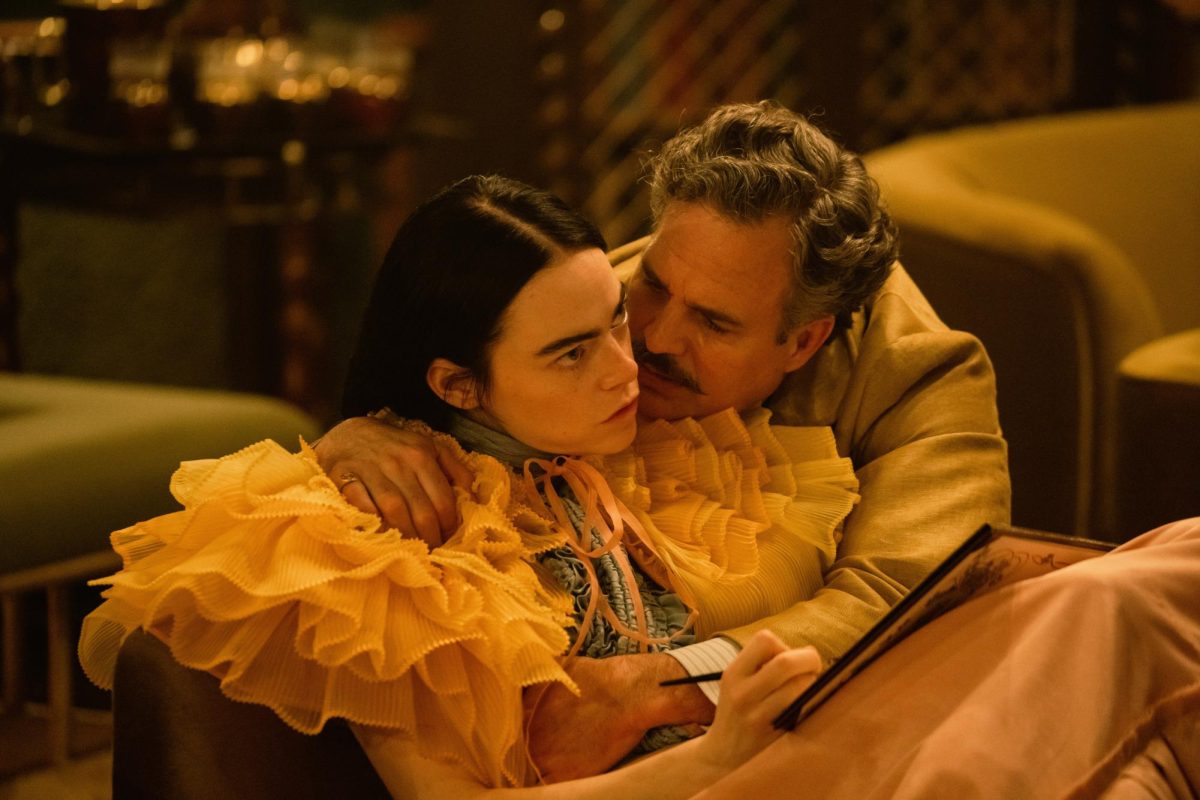By Julia Crooijmans, news staff
After falling prey to injustice and misfortune in his former life Walter “Pops” Washington (Tyrees Allen) tenaciously battles to keep all he has left — his rent-controlled apartment on the Upper West Side. This home serves as the set on which the play “Between Riverside and Crazy”, presented by SpeakEasy Stage Company from Sept. 14 to Oct. 13, unfolds.
Worn and cluttered, it appears the apartment has seen better days. After the death of Pops’ wife last winter, the past lives alongside the four other residents of the apartment; the Christmas tree remains lit throughout the summer and Pops’ late wife’s wheelchair still stands in the kitchen.
Still, this home provides a type of comfort and security that has made it a magnet for misfits, ne’er-do-wells and the broken. Cordially, Pops has welcomed Junior (Stewart Evan Smith), his son who just returned from prison; Lulu (Octavia Chavez-Richmond), his son’s ‘pregnant’ girlfriend and Oswaldo (Alejandro Simeos), his son’s recovering drug addict friend, into his home. The frequent visitors treat the apartment as a refuge — one to which they continuously return to. Inside, they can forget about the stark realities that confront them beyond the apartment walls.
Playwright Stephen Adly Guirgis based the Riverside Drive apartment on the one he grew up in and later returned to after his mother’s death. As in the play, Guirgis was there to take care of his father. While Guirgis’ career as a playwright was accidental, he won a Pulitzer Prize in 2014 for “Between Riverside and Crazy”.
Cleverly, Guirgis imbeds themes of pride and shame, race and class and recovery and relapse into his work. Tension builds between Pops and Junior as the deep rifts in their father-son relationship are seemingly ignored. Underlying ex-policeman Pops’ warm and facetious demeanor, there lies resentment at Junior having a criminal record. To make Pops’ character even more complex, he is not only recovering from the loss of his wife but also the loss of his job. Forced to retire from being shot by a white cop off-duty, Pops still hasn’t made peace with the NYPD. A discrimination lawsuit he filed eight years ago is still being settled.
Aside from all of the domestic drama, moments of romance, solace, laughter and soul-searching can be easily spotted throughout the plot. A charming scene takes place at the end of the second act: Oswaldo spreads a box of Ring Dings, boloney and Fanta Grape — all things he promised never to eat again — onto the kitchen table and invites Junior and Lulu to his uncomplicated and cheap feast. As Ring Dings enter their mouths, moans and sighs of indulgence come out. In this earthly moment, all seems right in the world.
“Between Riverside and Crazy” is an unpretentious and quintessential dark New York comedy that gives a glimpse into the hidden facets that make us human. Full of contradictions, the characters are forced to stand up for their beliefs, sacrifice for what they want and ultimately overcome their past.







